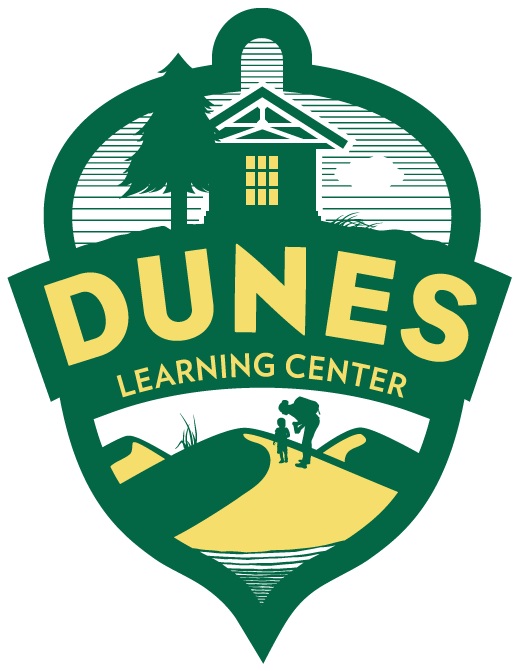Citizen Science focuses on the collaborative process of environmental research and civic engagement.
Program Summary - Students venture out of their homes and classrooms to take part in hands-on, real-world inquiry and problem solving. They review the goals of ongoing national environmental research projects, see how these projects relate to local environmental needs, and choose a project for further investigation.
Your Citizen Science Project Options
Click the icon for each project to explore the different project options you have for this Spring!
eBird
Participants upload information about the species of birds identified by sight or call to help ornithologists utilize their data in new approaches to scientific research and conservation.
Precipitation Monitoring
Participants report data on local precipitation measurements to CoCoRaHS help scientists and engineers better plan for the future.
Invasive Species Monitoring through EDDMapS
Participants collect data and report on presence of invasive species in order to help minimize impact and further dispersal.
The Lost Ladybug Project
Volunteers upload photographic data on local ladybug species found in their community to help entomologists track the various species living across the United States and determine the threat level of endangerment for the native ladybug species.
Mushroom Observer
Participants collect and report data on the fungi found locally to help grow a larger knowledge and database of the mysterious world of fungi.
Project FeederWatch
Members report data to The Cornell Lab on winter birds at their bird feeders to help understand abundance, distribution, and migration patterns as climate change impacts typical bird migration patterns.
Project Squirrel
Volunteers report data on the presence and activity of squirrel species to Miami University to help mammalogists determine the impact of urbanization on local squirrel populations.
Ant Picnic
Participants report data on food preferences of local ant species to researchers at North Carolina State University to determine the species composition and diet preferences of ants across the country.
Budburst
Volunteers collect and report observational data on an individual plant as time progresses to Chicago Botanic Garden contributing to a greater understanding of the impact of climate change on local phenology.
Project Globe
Participants report data on weekly cloud coverage to NASA, National Science Foundation, and NOAA to better understand the impacts of climate change.
Nature’s Notebook
Volunteers report data on local flora and fauna to USA National Phenology Network to assist in ongoing phenological research.
Budburst: Nativars
Participants grow native cultivated plants and collect data on the preferences of local pollinators. The data is reported to Chicago Botanic Garden to determine the impact of garden-preferred plant strains on pollinators.
Having technical difficulties or questions?
Send them here :)
The 2020 Citizen Science program is supported by:
Thank you to Foundations of East Chicago for funding Environmental-STEM programs in East Chicago schools!





















